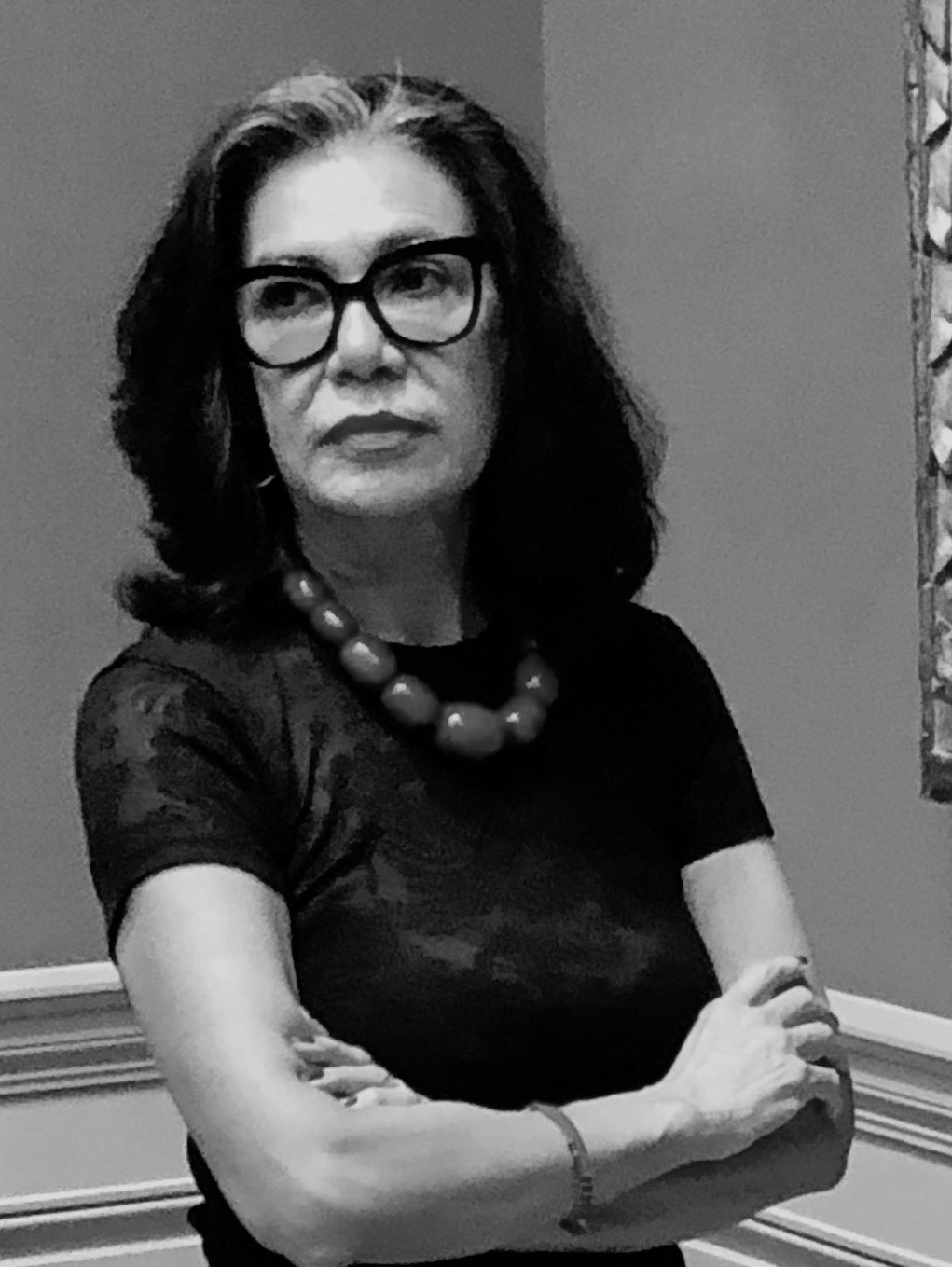Whitman
I imagine him lying on his back,
gaze to the azure sky, white clouds—unlike
this grey New York on a rain-drenched day.
Notebook at his side, sheets splotched from an ink pen,
pipe in hand, hat off, wispy hair rustling in the wind.
Leaning on an elbow over wet dandelions, he slaps
at a buzzing fly. The poet reaches for language
until evening falls.
At last he stands,
dusts off trousers, and heads for the pub. After an ale or two,
“Come to me,” he’ll whisper to a ginger-haired mate,
“when the gaslights grow dim.”
That was that—life, then, not fate.
Walking home, pondering the vastness of an indigo sky,
the poet falls in love,
the way old men fall in love, with unspoken desires
and hearts that break into clusters of stars;
with failing gaze, winks back at a bespectacled sight.
Illuminated streets were new.
Everything gleamed with the shine of progress,
railways and motor cars—
democracy in action. The nation belonged to men of ambition,
ladies and their heirs. He, with his rhymeless verses, pertained to no one,
or so he rigorously declared.
On a fair day a friend and he hiked through the woods,
vigorous in thought and perseverance.
They had wine and bread, clever banter. Perhaps
they swam in a river,
and while one read to the other
dried their flesh in the sun.
The poet felt young again on such days,
the feeling a treasure
to store with saved letters.
He’d remain immortal that way,
virile in the minds of romantics.
Rhetorical questions were for lesser minds.
True pleasure came with soup served out of the kettle.
He himself had killed the turkey or duck,
plucked feathers, pulled out liver and gizzards.
Raw heart dropped on his own tongue.
Everything else went into the boiling pot.
Later, he’d call out, “It’s done!”
Meat melting off bone, potatoes and carrots
or love—which one?
From My Book of the Dead, copyright © 2021 Ana Castillo, published by University of New Mexico, 2021.

